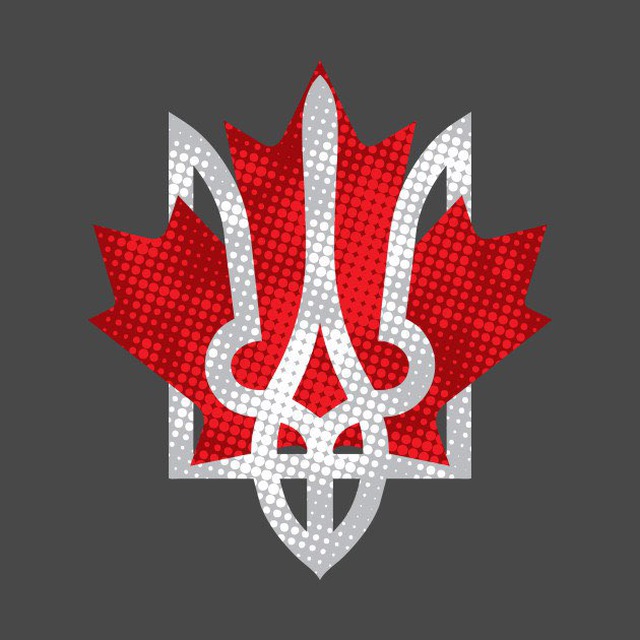C. TORTURE AND OTHER CRUEL, INHUMAN, OR DEGRADING TREATMENT OR PUNISHMENT, AND OTHER RELATED ABUSES
Although the constitution and law prohibited torture and other cruel and unusual punishment, there were reports law enforcement authorities engaged in such abuse. Under normal circumstances, courts could not legally use confessions and statements made under duress to police by persons in custody as evidence in court proceedings, but the institution of martial law since the start of Russia’s full-scale invasion permitted this. There were reports law enforcement and military officials abused and, at times, tortured persons in custody to obtain confessions, usually related to alleged collaboration with Russia.
In August, the SBI detained two police officers in Cherkasy Oblast who illegally arrested a local resident. The police officers reportedly engaged in cruel and degrading punishment to extract a confession, including beating and firing several shots near the victim. The suspects were charged with exceeding their official authority and faced up to eight years in prison.
On July 28, a city court arrested Serhiy Lutsyuk, the chief military commissar of Rivne Oblast. Together with the head of the district military enlistment office, he allegedly beat another military officer with a bat and forced him to “beg for forgiveness” on his knees. The official was charged with exceeding authority under martial law.

